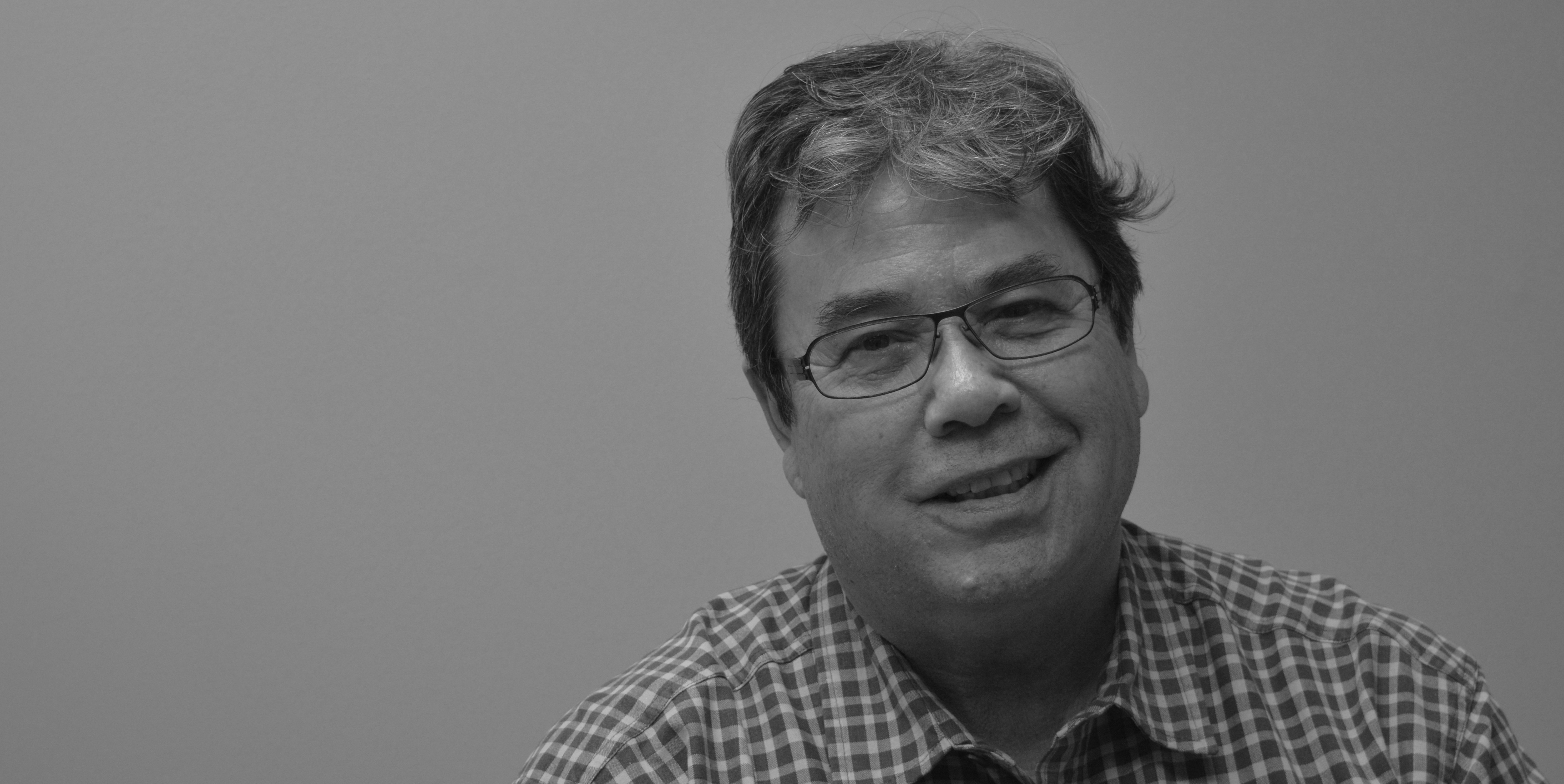We can’t lead a healthy life style without a healthy environment. We need to think forward seven generations. And we do. We want to make sure future generations enjoy the same quality of life we do.
Gary leads a 12-person team to engage with more than 100 Aboriginal groups on issues along the Trans Mountain Expansion Project right-of-way. Gary and his team work hard to listen, build relationships and provide information about the Project.
Gary tells us about some of the key aspects of his position.
What does your job entail?
Leading engagement involves building relationships, negotiating capacity agreements and identifying interests and concerns for Aboriginal groups along the right-of-way. In some cases, engagement also includes negotiating Mutual Benefits Agreement (MBAs) and obtaining Aboriginal support for the Project.
What is your background?
I have a law degree from the University of British Columbia. With more than 35 years of experience, I have spent the last 15 years working on major projects including the Millennium Rapid Transit Line, Canada Rapid Transit Line and the Vancouver 2010 Olympic Winter Games. I’ve been working on the Trans Mountain Expansion Project for the past two years and eight months.
What drew you to work for Trans Mountain?
I was asked to join the team and gladly accepted this position. With my history and experience working with Aboriginal communities and my track record of working on major projects with Aboriginal territories, I thought I could assist Trans Mountain to build positive relationships and to provide long-term benefits and legacies to those communities.
How important is safety to you and your coworkers?
Safety is paramount to me and my coworkers. Safety is our number one priority for our team, the public and the environment.
Can you describe the culture of safety at Trans Mountain and why it’s so important?
Safety is important. It is built into all aspects of the Project. Without a strong culture of safety people can get injured. For example, Trans Mountain has a policy of no cell phone use in vehicles while driving – even if the vehicle is equipped with hands-free operations.
What are the main qualities of the people you work with?
The people throughout Trans Mountain are respectful, committed and hard working. They are dedicated to putting forth the best effort possible on the job.
How do you feel about the environment?
We can’t lead a healthy life style without a healthy environment. We need to think forward seven generations. And we do. We want to make sure future generations enjoy the same quality of life we do.
What do you love most about your job?
I enjoy the challenge of my work. I am busy dealing with multiple challenging issues on a daily basis. Working with so many Aboriginal communities, which share or have overlapping territories, is one of our biggest challenges. We want to be fair and principled, but there is not always a clear path, so I deal with a lot of issues requiring the need for interest-based negotiations. Reaching an agreement is always rewarding – it’s a good feeling to see many agreements being finalized.


